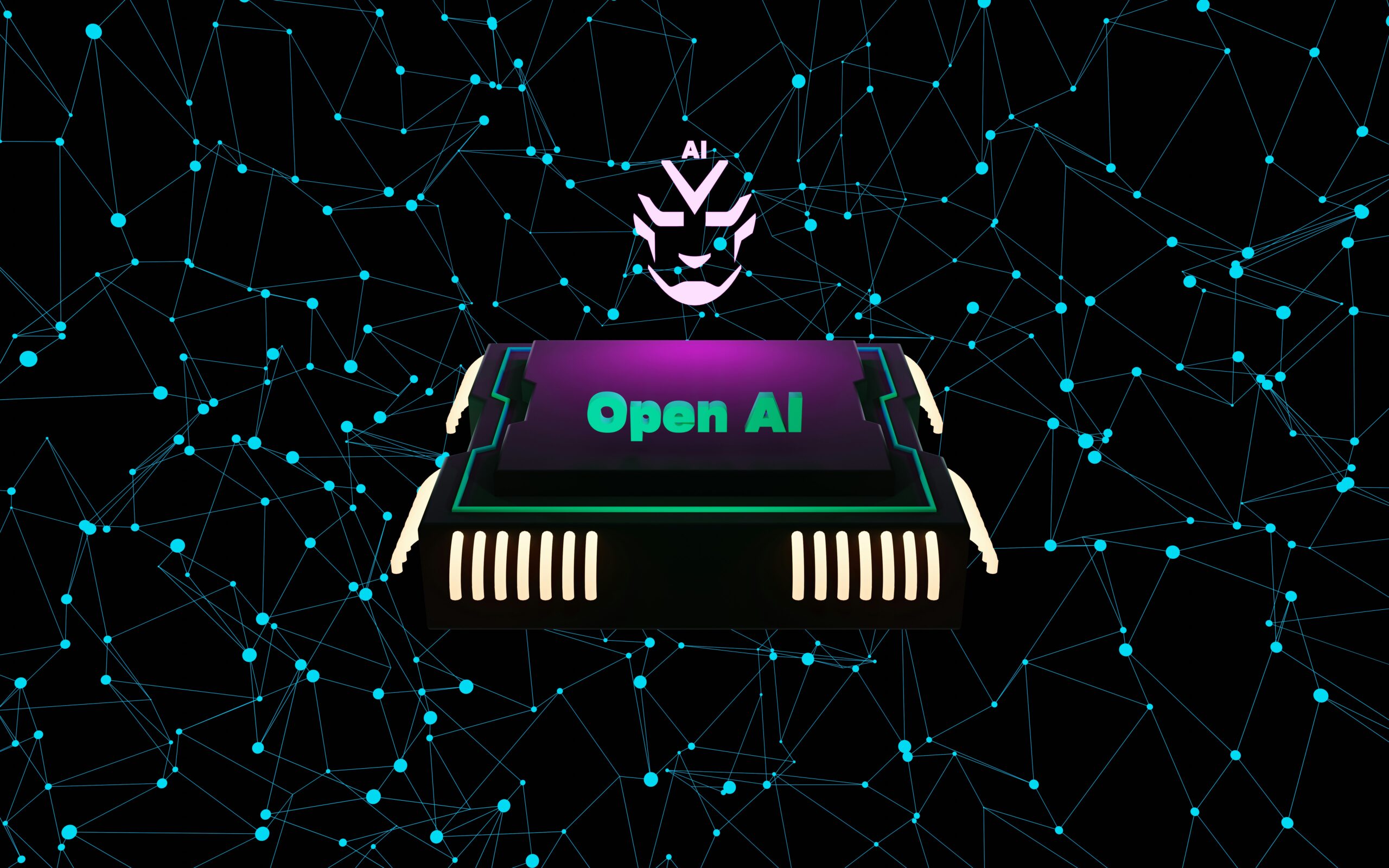Harnessing AI-Generated Content for Scalable Creation
August 30, 2025 | by qqvmedia.com


Understanding AI-Generated Content
AI-generated content refers to text that is produced by artificial intelligence systems, particularly those leveraging algorithms rooted in natural language processing (NLP) and machine learning. These technologies allow computers to analyze and understand human language patterns, enabling them to generate coherent and contextually relevant text. The process typically involves training models on vast datasets, allowing the AI to learn the intricacies of language, grammar, and various writing styles.
At the core of AI-generated content is machine learning, a branch of artificial intelligence that enables systems to improve their performance through experience. By exposing these models to extensive amounts of written material, they develop an understanding of how words and phrases relate to one another. This understanding allows the AI to produce text that not only conveys information but also resonates with the intended audience.
Natural language processing plays a crucial role in this process, functioning as a bridge between human communication and computer understanding. NLP algorithms break down text into manageable components, analyzing the structure, sentiment, and semantics. This analysis helps in generating content that aligns with specific contexts and purposes.
Several AI tools have emerged in recent years, highlighting the potential of automated content generation. Tools such as OpenAI’s GPT-3, Jasper, and Copy.ai utilize advanced NLP techniques to create high-quality text on diverse subjects. These platforms are designed to assist writers by providing suggestions, structuring content, and even generating entire articles based on brief inputs. For instance, GPT-3 employs a transformer architecture, allowing it to predict the next word in a sentence by considering the context provided by preceding words, which enhances the fluency and coherence of the generated text.
The advancements in AI technology and the subsequent emergence of AI-generated content tools mark a significant shift in content creation. They offer a scalable solution for businesses and creators aiming to produce large volumes of high-quality text efficiently, paving the way for innovative applications across various industries.
Benefits of AI in Content Creation
The integration of artificial intelligence (AI) into content creation offers numerous advantages that can significantly impact businesses and content creators. One of the primary benefits is scalability. AI tools enable organizations to generate large volumes of content quickly and efficiently. This capability is particularly valuable for businesses that require a consistent output of digital content across various channels, such as blogs, social media, and email marketing campaigns. By utilizing AI-generated content, companies can easily maintain a steady flow of engaging material without overwhelming their human resources.
Another notable advantage is cost-effectiveness. By automating portions of the content creation process, businesses can reduce labor costs associated with hiring multiple writers or content creators. AI tools can perform tasks such as drafting articles, curating information, and even optimizing content for search engines. This allows companies to allocate their budgets more effectively, directing funds towards other essential areas like marketing strategies and outreach initiatives.
Time savings is yet another critical factor. With AI’s ability to produce content at a rapid pace, businesses can dramatically shorten the content creation cycle. This expediency enables teams to focus on higher-level strategic tasks, such as content planning, audience engagement, and performance analysis. As a result, organizations can respond swiftly to market trends and audience demands, ultimately leading to improved marketing outcomes.
Additionally, AI can enhance content consistency. By adhering to predefined templates and guidelines, AI-generated content can maintain a uniform voice and style across all outputs. This consistency is crucial for brand identity and helps to foster trust and loyalty among audiences. Real-world case studies illustrate these advantages; for instance, companies like Forbes and The Associated Press have successfully integrated AI to streamline their content production processes, yielding measurable improvements in productivity and audience engagement. Through these implementations, businesses are finding that AI can be a transformative ally in the world of content creation.
Best Practices for Implementing AI Content Creation
In the ever-evolving landscape of content marketing, effectively integrating AI-generated content into existing strategies can substantially enhance both efficiency and scalability. To achieve this, it is essential first to understand the target audience. By conducting thorough market research, marketers can identify preferences, pain points, and demographics, enabling them to tailor AI content to meet specific audience needs. This focused approach ensures that AI-generated material resonates well with its intended readers, thereby maximizing engagement and conversion rates.
Quality control is another critical element when implementing AI content creation. Despite the sophistication of artificial intelligence, human oversight remains indispensable. Establishing clear quality benchmarks and regularly reviewing AI outputs can help maintain high standards and align content with the brand’s voice. Employing editorial guidelines and feedback loops allows teams to refine the content further, ensuring that it meets both audience expectations and brand integrity.
Balancing human input with automation is essential for achieving optimal results. While AI technologies can expedite content generation, the human touch adds creativity, emotional depth, and contextual nuance that machines may lack. Therefore, a collaborative approach where team members use AI tools to complement their creativity can drive innovation and productivity. Moreover, selecting the right AI tools is crucial. Firms should conduct assessments to identify technologies that align with their specific objectives, capabilities, and budget considerations.
Finally, training teams to work alongside AI technologies equips them to leverage these tools effectively. Offering comprehensive training sessions can enhance team members’ comfort levels with AI, empowering them to incorporate these technologies seamlessly into their workflow. With careful planning and strategic implementation, businesses can successfully harness AI-generated content, achieving a harmonious blend of efficiency and creativity in their content marketing efforts.
Future Trends in AI-Generated Content
As artificial intelligence (AI) continues to develop at a rapid pace, the landscape of AI-generated content is poised for significant transformation. The evolution of AI writing tools will likely lead to increasingly sophisticated capabilities in content creation, enabling businesses to produce high-quality material efficiently and at scale. Enhanced algorithms will improve context understanding, allowing AI to generate content that closely mimics human writing, thereby narrowing the gap between machine-generated and human-crafted narratives.
An emerging trend is the integration of AI with other technologies, such as natural language processing (NLP) and machine learning. These advancements will facilitate the creation of personalized content that resonates with target audiences on a deeper level, enhancing user engagement and improving conversion rates. Marketers will find themselves equipped with tools that not only generate content but also analyze audience preferences, optimizing the content generation process for better results.
However, the rise of AI-generated content brings with it ethical considerations that organizations must navigate carefully. Issues related to content plagiarism, authorship rights, and the potential for misinformation necessitate the establishment of robust guidelines and standards. Companies will need to implement comprehensive strategies that balance the benefits of automation with responsible content creation practices, ensuring transparency and accountability within their content marketing frameworks.
Furthermore, as businesses strive to adapt in a rapidly changing digital marketing environment, understanding the future role of AI in content strategies becomes imperative. Predictions from industry experts indicate that organizations that leverage AI-generated content effectively will gain a competitive edge, allowing them to optimize their operations and enhance customer satisfaction. By embracing the transformative potential of AI, companies can stay ahead of the curve, positioning themselves as leaders in a dynamic marketplace.
RELATED POSTS
View all


